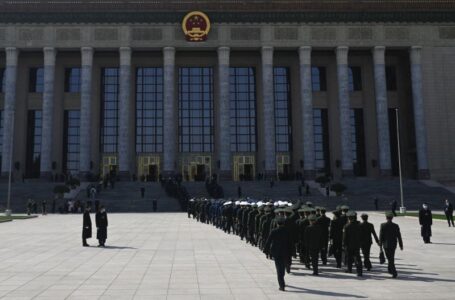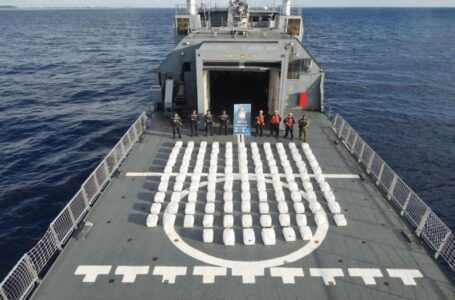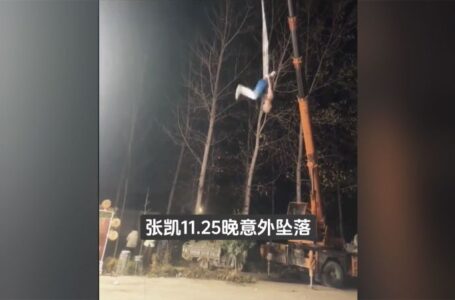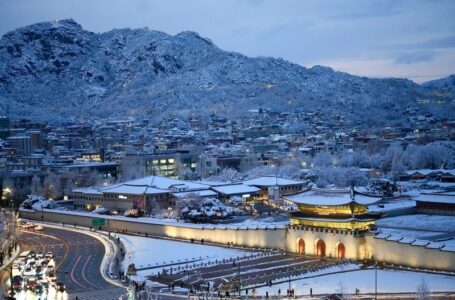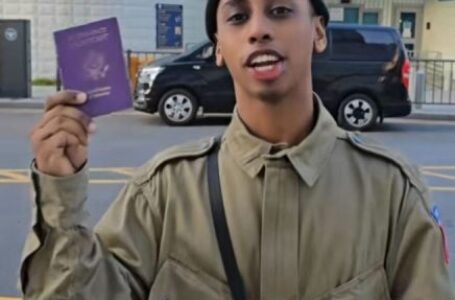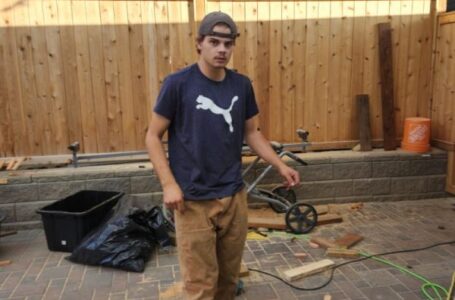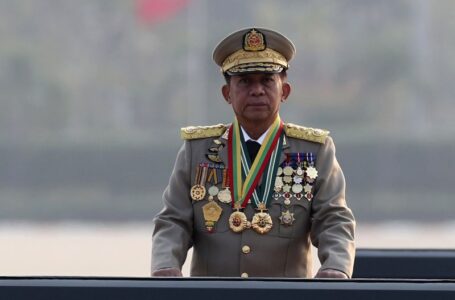China investigates a top military official as Xi’s purge of senior brass broadens
Pope picks 21 new cardinals in move that broadens pool of who will choose his successor
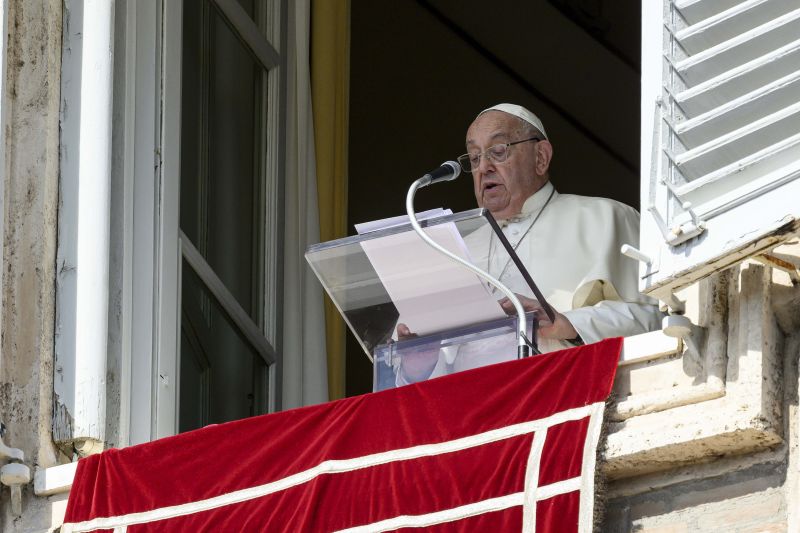

Pope Francis has chosen 21 new cardinals in a move that once again shows his determination to reshape the group of churchmen who will elect his successor.
Francis, 87, made the surprise announcement after commenting on the spiraling conflict in the Middle East and recalling the anniversary of the October 7 attacks on Israel.
Among the new list is the Archbishop of Tehran Dominique Mathieu, a Belgian missionary, with the pope’s decision to choose a cardinal in Iran likely part of Francis’ desire to push for dialogue with Islam and peace in the Middle East.
“I appeal to the international community to end the spiral of revenge and not to repeat attacks, like the one carried out by Iran a few days ago, which can plunge that region into an even bigger war,” the pope said before his announcement of new cardinals.
“All nations have the right to exist in peace and security, and their territories must not be attacked or invaded, sovereignty must be respected and guaranteed by dialogue and peace, not hatred and war.”
Francis also chose a Ukrainian bishop, Mykola Bychok, who at 44 will become the youngest cardinal: he is based in Australia where he ministers to members of the Ukrainian Greek Catholic community across Oceania.
During his pontificate, Francis has overhauled the composition of the body that will elect his successor, making it more representative of the worldwide church. He has thrown out the old, unwritten rulebook that bishops of certain dioceses (several of them in Italy) would automatically be made cardinals, and instead has given out “red hats” to the peripheries.
Also among the new cardinals announced by the pope on Sunday are bishops from Indonesia, Algeria, Japan and the Ivory Coast. The cardinals will be formally installed by Francis on December 8 with the archbishop of Toronto, Frank Leo, and a British theologian, friar Timothy Radcliffe, also among them.
Only cardinals under the age of 80 are allowed to vote in a papal election, although all cardinals, regardless of their age, can take part in the crucial pre-conclave meetings where the profile of a future pope is discussed. With his latest move, Francis has now chosen most of the men who will elect his successor.
At the time of the pope’s announcement, there were 122 cardinals under 80 and able to vote in a future conclave. Church law technically limits the number of such cardinals to 120, but previous popes have also gone over that number.
Cardinals are second only to the pope in the church hierarchy, hold senior positions in the Vatican and act as the pope’s main advisers. Francis has repeatedly told the cardinals that they must see their role as an opportunity to serve, rather than act like “princes.” Cardinals wear the red scarlet robes to symbolize their willingness to shed their blood for the Catholic faith.
In his speech, the pope also recalled the imminent anniversary of the October 7 attacks, calling for the “immediate release” of hostages in Gaza and lamenting that the Middle East has been “plunged into increasing suffering, with destructive military actions that continue to affect the Palestinian population.” He called for a “ceasefire on all fronts, including Lebanon.”

